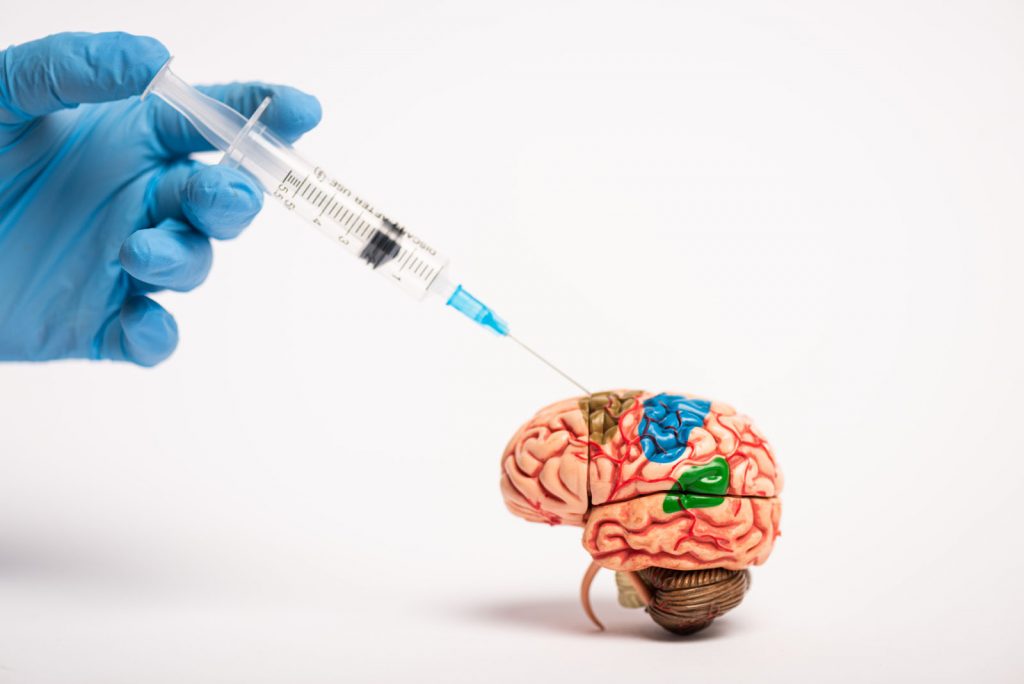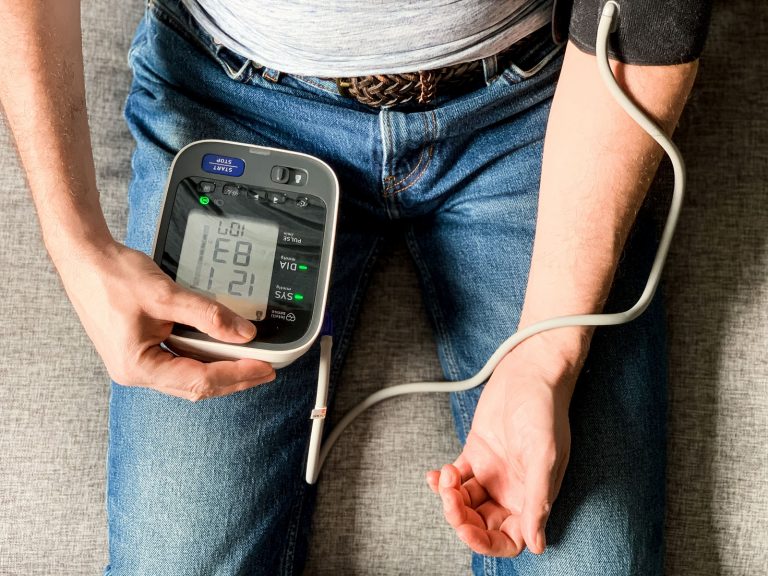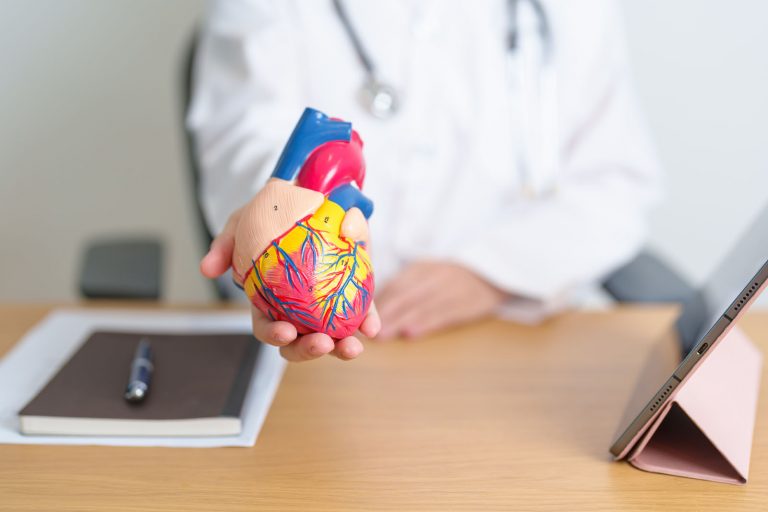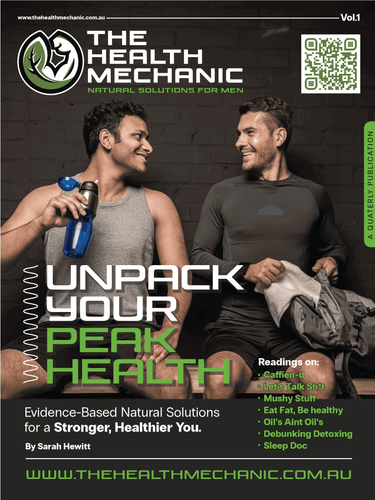Learn effective ways to reduce depression and improve your mood through nutrient-rich foods and a healthy gut. Find out more on our blog!
Why Do I Have Depression? Nutrients and Gut Health

Key Takeaways
- Depression affects men differently. One in eight Australian men will experience depression.
- Higher suicide risk. Men are 3–4 times more likely to die by suicide than women in Australia.
- Barriers to seeking help. Societal expectations and traditional masculinity norms often prevent men from admitting they need support.
- Untreated depression is common. Many men struggle in silence, leading to worsening mental health outcomes.
- Natural support strategies. Are evidence-based and can be affective in boosting mood in men.
- Breaking the stigma. Open conversations and mental health care can improve men’s mental well being.
Introduction
Depression can manifest in many ways- persistent sadness, negative thinking, loss of interest in activities, changes in sleep and appetite, and even suicidal thoughts. Many of my patients ask, “How can I cure my depression?” Seeking help for your low moods is a courageous step towards optimal health and a happier life.
This blog will explore the science behind depression in men, the role of neurotransmitters and hormones, and how factors like gut health, stress, and lifestyle habits contribute to mood disorders. We’ll also dive into natural strategies to support mental well-being, empowering you with tools to take charge of your health.
Understanding Depression in Australian Men
Depression doesn’t discriminate- it can affect anyone, regardless of gender. However, men often face unique challenges in recognizing, acknowledging, and seeking support for their mental health. In Australia, one in eight men will experience depression at some point in their lives, and tragically, men are three to four times more likely than women to die by suicide.
Societal expectations around masculinity often discourage men from reaching out for help, leading to a higher prevalence of untreated depression. Many men feel pressured to “tough it out” rather than seek support, which can worsen their mental health over time.
The good news is that there are effective, natural ways to support men’s mental well-being- helping you regain balance, strength, and resilience without stigma or judgment.
What Causes Depression? The Science
Depression is closely tied to the brain’s balance of chemicals called neurotransmitters. These messengers help nerve cells talk to each other. They influence things like mood, sleep, appetite, and motivation. When this balance is upset, it can lead to negative thoughts, symptoms of depression, or low and unbalanced moods.
Depression can be mild or severe, chronic or acute. Mood is complex and influenced by genes, environment, and life experiences. Family history, health conditions including chronic pain, a poor diet, device use, hormonal changes, childhood challenges, and stress can all create imbalance in these chemicals and contribute to our mental health struggles. Let’s dive into some of the factors which contribute to depression and mood imbalances.

Role of Neurotransmitters in Mood Regulation
Neurotransmitters are chemical signals that affect mood, emotions, and behaviours. Three key neurotransmitters are serotonin, dopamine, and norepinephrine. These play important roles in mood regulation and emotional health.
Serotonin is known as the “feel-good” neurotransmitter. It helps us feel happy, relaxed, and content. Dopamine is linked to reward and pleasure. It helps with motivation and focus. Norepinephrine affects alertness, energy, and how the body responds to stress. Unbalanced neurotransmitters can lead to mood disorders, such as clinical depression or major depressive disorder.
Can I Increase Serotonin? Natural Mood Boosters
As mentioned above, serotonin supports mood- and also sleep, appetite, and social behaviour. Many people use antidepressant medication or herbs that focus on serotonin in the brain. But there are also natural ways to raise serotonin levels. For example, research shows that regular physical activity, especially aerobic exercise, can help increase serotonin.
Besides exercising, some foods can increase serotonin. Foods high in tryptophan are good for this. Tryptophan is an essential amino acid (this means one that your body can’t produce so you need to get it thorugh diet!). Tryptophan is the precursor serotonin. Foods that are rich in tryptophan include turkey, chicken, eggs, nuts, and seeds.
The Gut-Brain Connection
Scientists are learning more about the intricate connection between our gut health and mental health conditions. This link, called the gut-brain axis, is a two-way street of communication. It involves the gut microbiome, the central nervous system, and the immune system all working together.

How Gut Health Influences Mood
The gut microbiome refers to the organisms living in our intestines. We used to think that the gut and brain were separate, but now we know they communicate and work together in many bodily processes. An imbalanced gut microbiome can be caused by diet, stress, or antibiotic use. And these bacteria impact mood! Studies show that the gut microbiome of people with major depressive disorder is different to the microbiome of people without depressive symptoms.
The way the gut microbiome influences mental health is incredibly complex and requires more research. One key factor is the production neurotransmitters, such as serotonin, dopamine, and GABA by these bacteria. In fact, the gut microbiome produces more than 90% of the bodies total level of serotonin!
The gut microbiome also plays a key role in producing essential vitamins that impact mood, brain function, and immune health. B vitamins like B12, biotin, folate, and vitamin K are crucial for energy and brain chemicals. Disruptions in the gut microbiome from factors like diet, stress, or antibiotics can hinder B vitamin production, leading to issues such as fatigue, brain fog, and mood changes.
Hormonal Imbalances and Depression
Hormones are powerful chemical messengers that control many body processes, such as mood, sleep, stress, and energy. Even small changes in hormone levels can upset mood and contribute to depression.
Take testosterone, for example. It is important for mood, energy, and motivation. Testosterone levels lower as men get older or due to other health issues. Low testosterone has been associated with an increased risk of depression- and can also cause issues fatigue, irritability, and having trouble focusing.
The Effect of Chronic Stress on Hormonal Balance
In today’s busy world, many people experience chronic stress. When we feel stressed, our bodies react by releasing hormones like cortisol and adrenaline. These hormones help us deal with immediate or urgent problems. But if we stay stressed, this response can cause imbalances that impacts our health.
A hormone to consider is cortisol. Cortisol levels stay high in chronically stressed men. This interferes with other hormonal functions, like testosterone and thyroid hormones, and can affect how neurotransmitters are made in the brain. This hormonal imbalance can cause feelings of tiredness, trouble focusing, sleep issues, feeling more irritable, a lower sex drive, and increased risk of mental health issues.
If you are struggling with chronic stress, it’s important to get help. Reducing chronic stress can support your overall health. If you have thoughts of self-harm, please seek professional help right away.
Lifestyle Factors Affecting Men's Mental Health
I often get asked by patients “how can I increase my serotonin?” When dealing with mood disorders in my clinic, we address factors including sleep quality, physical activity, sunlight exposure, and social connections- which all affect brain function. Inadequate sleep disrupts hormones, increases stress levels, and impairs cognitive function, leading to mood swings and difficulty managing stress. And a sedentary lifestyle can decrease energy levels and negatively impact mental health.
Regular exercise lifts your mood is by releasing endorphins. These are sometimes called “feel-good” hormones. Endorphins work with certain brain receptors to lower pain and create feelings of happiness. Studies show that exercise also helps to produce other important brain chemicals like serotonin, dopamine, and norepinephrine, and can reduce depressive symptoms.
Providing coaching and health information for men to support them implementing lifestyle changes is an integral part of our practice.

The Role of Sunlight in Serotonin Production
Regular sunlight exposure triggers the conversion of tryptophan (the amino acid we mentioned earlier!) into serotonin, thereby enhancing happiness and calmness. Insufficient sunlight, common during winter or indoor work, can lower serotonin levels, leading to feelings of sadness or Seasonal Affective Disorder (SAD).
Spending 15-20 minutes in the sun daily, especially in the morning, can help to regulate your body clock and boost serotonin levels.
Why Do I Have Depression?
Depression is complex. Some factors can disturb the brain’s chemical balance and make a person more at risk for this mood disorder.
Family history can increase risk of depression. Personality traits like pessimism and low self-esteem also contribute. Life events such as loss or trauma can trigger depression by disrupting brain chemistry- and this can be exacerbated by poor nutrition and alcohol or drug consumption during this time.
Drug Use and Mood
Substance use, including alcohol, illegal drugs, and prescription medications, can severely impact mental and physical health. Substance use can exacerbate existing mental health issues or triggers new ones by altering brain chemistry. For example, alcohol slows down the communication in the brain, and can act as a depressant at high doses that enhances feelings of sadness and anxiety. Frequent drinking can harm brain cells, impair function, and disrupt sleep, making mental health management challenging.
In addition, certain recreational drugs (including cannabis) have been found to increase your risk of depression. For example, the high amounts of serotonin and dopamine released when you take ecstasy or MDMA lead to a depletion of these chemicals in your brain– which can exacerbate symptoms of depression after the drug wears off.
If you think drug or alcohol use or abuse is affecting your mental health, please seek help from a healthcare provider or mental health professional.
Antidepressants: A Double-Edged Sword?
Antidepressant medications have changed mental health treatment. Types of antidepressants include selective serotonin reuptake inhibitors (SSRIs), monoamine oxidase inhibitors (MAOIs) and serotonin-norepinephrine reuptake inhibitors (SNRIs). These medications work by changing the levels of brain chemicals, which helps restore balance and improve the overall quality of life.
Though effective, antidepressants also have pros and cons. While they can reduce depressive symptoms, it is important to remember they do not work for everyone and can have serious side effects.
Benefits and Potential Side Effects of Anti-Depressants
Antidepressants work by adjusting the balance of neurotransmitters, which can boost mood.
However, some common side effects of antidepressants include nausea, weight gain, trouble sleeping, and sexual issues. In some men, they might increase anxiety. Anti-depressants can also increase the risk of tooth decay, because some products reduce the saliva production which protects your teeth! Responses to antidepressants can also be different for each person. Finding the right kind of medication and correct dose can take time.
Gut Health and Anti-Depressants
Recent research shows that antidepressants can alter gut bacteria and permeability, potentially leading to increased intestinal permeability, which was previously known as “leaky gut.” This condition allows microbes, toxins and undigested food particles to enter the bloodstream, causing inflammation and other various health issues.
There is extensive research suggesting a positive correlation between depression and leaky gut- possibly due to chronic low grade inflammation of the brain tissue due to the impaired intestinal barrier. However, more studies are needed to fully comprehend these effects. Many factors can contribute to increased intestinal permeability, including food intolerances, stress, digestive insufficiency, diet and substance abuse. Consult your primary care doctor if you are concerned about how antidepressants may be impacting your gut health.
Natural Treatment for Depression
So we’ve looked at the contributing factors to low moods, and it’s clear that brain chemistry isn’t the only element we need to consider when treating depression. Improving mental health requires lifestyle changes, adjusting our diet, and reducing stress- and these adjustments can work in well with therapy and medication. So, how can I improve depression? We need to tackle both the symptoms and the root causes of mental health issues.

Nutritional Deficiencies and Mental Health
The human brain, a complex system of billions of neurons, requires essential nutrients to function optimally. These nutrients aid in neurotransmitter creation, signal transmission, and cell protection. Inadequate intake of vitamins, minerals, and fatty acids can disrupt these functions, increasing the risk of depression and mental disorders. New research shows that not getting enough of some nutrients (such as tryptophan) can lead to mental illness and depressive symptoms. When we don’t eat certain essential nutrients, it can make it harder to keep our mood stable.
Another example is b-vitamins. Insufficient B vitamins (especially B12 and folate) can reduce serotonin and dopamine production, which are crucial for mood regulation. Low omega-3 fatty acid levels, vital for brain cell membranes, can impact mood, cognition, and emotional well-being.
Addressing nutritional deficiencies goes beyond a balanced diet- as I discuss below. Consulting with a nutritionist or functional medicine practitioner will help you assess your medical history to identify any issues that may be contributing to your low mood. Dietary changes should be part of a treatment plan under the guidance of a qualified nutritionist.
Amino Acid Therapy For Depression
I compound specific combinations of amino acids for patients in my clinic, depending on their individual requirements. Amino acid therapy is safe and effective for treating depression, and a form of alternative medicine that may work well along with standard treatments.
Amino acids are the basic parts of proteins. They are very important for many body functions, including making neurotransmitters. Some amino acids, like tryptophan, tyrosine, and phenylalanine, are needed to create important mood-related neurotransmitters.
Tryptophan helps make serotonin and melatonin, which is important for mood, sleep, and hunger control. Tyrosine and phenylalanine help create dopamine and norepinephrine. These neurotransmitters affect motivation, focus, rewards, and how we respond to stress. Research has shown a correlation between significantly lower levels of these amino acids in the brain tissue of patients with a medical history of depression, compared to those without the medical condition.
Please note- as mentioned above, it is important to talk to a healthcare professional before starting any new supplements, including amino acids. This is particularly true if you have medical issues or take other medicines.
Probiotics, Fermented Foods, and Their Role in Gut Health
The gut microbiome often needs support in depression- particularly in cases where there is a family history of depression, due to the inherited gut microbiome. Fermented foods and foods rich in probiotics like yogurt, kefir, sauerkraut, kimchi, miso, and tempeh all contain good bacteria.
Some strains of probiotics are now showing promise specifically for depression. For example, Lactobacillus spp. and Bifidobacterium spp. have shown strong anti-depressive potential, even in major depressive disorder.
If you are thinking about including probiotics in your diet, it’s a good idea to talk to a healthcare expert for individualised advice.
Conclusion
Depression is complex and influenced by a mix of biological, psychological, and lifestyle factors. While medication can play a role in treatment, natural approaches—like optimizing nutrition, improving gut health, balancing hormones, managing stress, and maintaining strong social connections—are powerful tools for mental well-being.
If you’re struggling with depression, know that you’re not alone, and support is available. Small, consistent changes can make a big difference in how you feel. If you ever have thoughts of self-harm, please seek professional help immediately. Your mental health matters, and you deserve to feel strong, capable, and in control of your well-being.
Frequently Asked Questions
Can dietary changes significantly improve my mood?
Adding brain-boosting foods can help improve your mood, but it is not the only answer- particularly for bipolar disorder and severe depression. Your health care provider can suggest treatment options based on your needs. Other options may include psychological therapy, or lifestyle changes like incorporating more relaxing or social activities into your daily life, such as tai chi or progressive muscle relaxation techniques.
Are there natural alternatives to antidepressants?
Although many patients ask me “how can I cure my depression naturally?” it’s important to understand that natural remedies can complement traditional depression treatment- but should not replace them without medical advice, especially for major depression. Lifestyle changes, herbal supplements, weight loss, exercise, and meditation are some alternative possible treatment options. You can read more about herbs that have anti-depressant potential in my article here.
How can I improve my gut health?
Start by incorporating probiotic foods like yogurt and sauerkraut into your meals. Increase fibre intake from fruits, vegetables, and whole grains.












